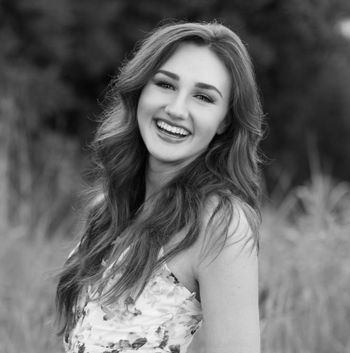Cornell tells students not to record professors' lectures
The reminder comes as professors and colleges have expressed concern over "controversial" material being shared with "right wing sites."
Cornell University governing bodies passed a resolution to remind students not to record classroom lectures.
Cornell University has joined a list of institutions actively reminding students not to record professors’ lectures as classes are now online.
The Cornell Faculty Senate, Graduate, Graduate and Professional Student Assembly, and Student Assembly passed a resolution in April to renew their “commitment to academic integrity, equitable instruction, trust, and respect.”
Cornell’s website states that the “recommitment” is a “reminder” to faculty and students. The document presents no new information as the policies regarding “intellectual property, free speech in the classroom, academic integrity, or the importance of accommodating students who are having to confront illness and tragedy.”
However, it reiterates that faculty and students should review the principles outlined in the message.
[RELATED: FBI gets involved as ‘Zoombombing’ threatens online classes]
The second principle of the resolution states that students are prohibited from recording online instruction.
“I will respect principles of academic freedom for instructors and classmates and will maintain the privacy of the virtual classroom environment: I will not record, photograph, or share online interactions that involve classmates or any member of the teaching team. I will not enable anyone who is not enrolled in the course to participate in any activity that is associated with the course. Exceptions require the instructor’s written permission,” reads the resolution.
This decision comes amid professors’ worries that their lectures will be shared online. At the University of Notre Dame, for example, students were threatened with “severe sanctions” for recording and sharing classroom lectures. One Andrews University professor wrote on Facebook that “some faculty are concerned” that students would share “sensitive/controversial” classroom material online, and
Campus Reform reached out to the American Council of Trustees and Alumni, “an independent, non-profit organization committed to academic freedom, excellence, and accountability at America’s colleges and universities,” for perspective on the issue. And one Texas Christian University professor urged her colleagues to “be prepared” for “right wing sites” to ask students to share “anything controversial.”
“Many universities and professors have policies that prevent recordings in the classroom unless express permission is given by the professor or the student has an accommodation for a disability. Recording lectures has the potential to chill discussion – not just what the professor might say, but also what students feel comfortable offering,” the American Council of Trustees and Alumni told Campus Reform.
“Students and professors facing this new digital frontier must work to ensure open discussion remains possible,” continued ACTA. “The existence of a digital record of classroom debate will lead some to judge it safer not to explore controversial ideas at all, especially on campuses that operate bias response teams or other systems designed to investigate and deter unorthodox views.”
“Nor is it simply the case that recording discussions can chill speech; it can also affect learning outcomes and limit students’ cognitive gain where it leads some to disengage from hard discussion altogether,” ACTA told Campus Reform.
John Villasenor, professor of electrical engineering, law, and public policy at the University of California–Los Angeles, published an article in January highlighting the issues with recording classes.
“A highly interactive classroom should be a space beyond the reach of the digital panopticon. It should not be a space where every student utterance is archived on a college-run server, regardless of how supposedly secure that server might be,” wrote Villasenor.
When Campus Reform reached out to Cornell University for comment, the university’s media relations department responded, “We don’t have any information to share on this topic, at this time.”
Follow the author of this article on Twitter:@redwave1776 and Instagram:@enna.marie3519

